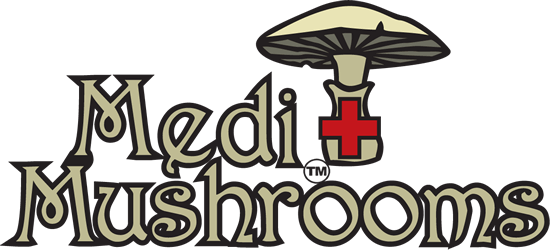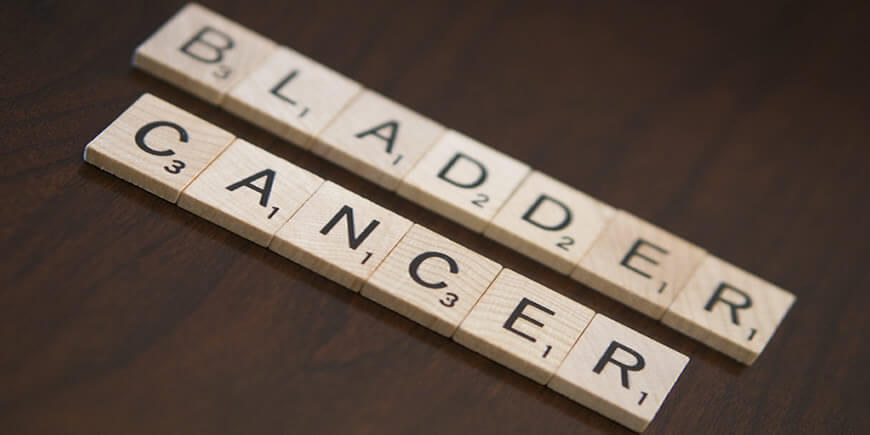*** ATTENTION U.S. CUSTOMERS ***
We are currently updating our compliance in response to recent changes in U.S. import policy. During this time, shipping to the United States is temporarily paused. We expect to resume service shortly and appreciate your understanding.
*** IMPORTANT SHIPPING & DELIVERY NOTICE ***
Some international couriers continue to experience shipping delays.
We recommend you buy early and in bulk to avoid the impact of these delays.For 25+ years, we've been supporting a Healthy Body, Strong Spirit and Clear Mind!
Providing superior quality medicinal mushroom supplements
to customers in 74 countries around the world.Buy More & SAVE Big
- Tap for Navigation
- Dietary Supplements ▼
- » Dr Alla's Cordyceps
- » Dr Alla's Lion's Mane
- » Dr Alla's Maitake
- » Dr Alla's Reishi
- » Dr Alla's Shiitake
- » Testimonials
- Symptoms Chart
- Get Advice ▼
- » FAQ
- » Health Consultations
- Dr Alla's Insights ▼
- » Medical Conditions
- » Mushroom Properties
- » Research Info ►
- » » Medical Quotes
- » » Reference Works
- » » Mushrooms - Why Special?
- About ▼
- » Dr Alla's Story
- » Testimonials
- » Trade Enquiries
- » Contact
- Customer Info ▼
- » Access My Account
- » Track My Order
- Navigation
- Dietary Supplements ▼
- » Dr Alla's Cordyceps
- » Dr Alla's Lion's Mane
- » Dr Alla's Maitake
- » Dr Alla's Reishi
- » Dr Alla's Shiitake
- » Testimonials
- Symptoms Chart
- Get Advice ▼
- » FAQ
- » Health Consultations
- Dr Alla's Insights ▼
- » Medical Conditions
- » Mushroom Properties
- » Research Info ►
- » » Medical Quotes
- » » Reference Works
- » » Mushrooms - Why Special?
- About ▼
- » Dr Alla's Story
- » Testimonials
- » Trade Enquiries
- » Contact
- Customer Info ▼
- » Access My Account
- » Track My Order
The bladder is part of the urinary system and is a muscular organ that accumulates and holds the urine until it can be excreted from the body.
As per the data, around the world, the male segment of populations is about three times more affected by this disease than the female segment. The reason so far is unknown.
Bladder cancer is a type of disease occurring when certain cells in the bladder start a quick abnormal growth, multiply uncontrollably and start invading other tissues.
There are a few types of bladder cancer:
- Transitional cell carcinoma – most common in occurrence and it starts in the transitional cells of the inner layer of the bladder, these are the cells that allow the bladder to expand and contract depending on the amount of urine.
- Squamous cell carcinoma – rare type of bladder cancer and it starts in the thin flat squamous cells that form as a result of a long-term infection or irritation in the bladder.
- Adenocarcinoma – rare type of bladder cancer and starts with the formation of glandular cells as a result of a long-term infection or irritation in the bladder.
What are the factors that increase the risk of developing bladder cancer?
- Smoking – about a half of men and women smokers are developing bladder cancer
- Chronic bladder infections
- Being male
- Being white race – white population has a higher incidence of developing bladder cancer
- Being over 55 years of age
- Eating high-fat foods
- Consuming insufficient amount of water
- Being exposed to toxic and cancerogenic chemicals in the environment
- Having a family history of bladder cancer
- Having a history of previous radiation therapy treating cancer in the pelvic area
- Having a history of previous treatment involving the drug Cytoxan
What are the symptoms of bladder cancer?
- Blood in the urine – might be without pain while urinating
- Painful urination
- Frequent urination
- Incontinence
- Urgent need for urination
- Weight loss
- Fatigue
- Tender bones and tissues
- Pain in the abdominal area
- Pain in the lower back area
There are a few methods used to diagnose the bladder cancer and the doctor might use more than one methods:
- Internal manual examination
- Urinalysis – laboratory test
- Cystoscopy – insertion through the urethra of a narrow tube with a small camera for your doctor to examine the bladder on the inside
- Biopsy – insertion through the urethra of a small tool to take a sample of tissue from your bladder and have it tested in the laboratory for cancer cells
- CT scan to examine the bladder in all dimensions
- Intra-venous pyelogram (IVP) - X-ray and dye are used to obtain a better visual image of the bladder
- X-rays
There are 5 stages of bladder cancer:
- Stage 0 - bladder cancer hasn’t spread past the lining of the bladder.
- Stage 1 - bladder cancer has spread past the lining of the bladder, but it hasn’t reached the layer of muscle in the bladder.
- Stage 2 - bladder cancer has spread to the layer of muscle in the bladder.
- Stage 3 - bladder cancer has spread into the tissues that surround the bladder.
- Stage 4 - bladder cancer has spread past the bladder to the neighbouring areas of the body.
The treatment method will depend on the type and stage of your bladder cancer as well as your symptoms and your general health.
What can be done to prevent bladder cancer?
The exact cause of bladder cancer is still unknown and as such, it is impossible to totally prevent it.
Here are some things that we can do to reduce the risk:
- Stop smoking
- Avoid second-hand smoking
- Make sure to drink enough water
- Avoid exposure to toxic and carcinogenic chemicals
- Avoid developing bladder infections
- Avoid high-fat foods
Recommended Medicinal Mushrooms:
There is an overwhelming scientific evidence that certain medicinal mushrooms contain specific polysaccharides that are able to fight and shrink cancer cells. These include:
Please do not hesitate to contact me and discuss your health issues or any of our MediMushrooms products.
I am here to help,
Dr Alla.
CONTACT INFO
021 227 9922 (NZ)
+64 21 227 9922sales@medimushrooms.co.nz
Skype: alla.kiroshka
We ship globally to 74 countries and locally to all regions of New Zealand. Local shipping destinations include Auckland, Bay of Plenty, Gisborne, Hawke's Bay, Manawatu-Whanganui, Northland, Taranaki, Waikato, and Wellington on the North Island. As well as Canterbury, Marlborough, Nelson, Otago, Southland, Tasman, and West Coast on the South Island.

Top NZ cities and towns we ship to include Alexandra, Arrowtown, Ashburton, Auckland City, Blenheim, Bluff, Cambridge, Christchurch, Cromwell, Dannevirke, Dargaville, Dunedin, Eltham, Feilding, Gisborne, Gore, Greymouth, Hamilton, Hastings, Havelock North, Hawera, Hibiscus Coast, Hokitika, Huntly, Invercargill, Kaikoura, Kaitaia, Kāpiti Coast, Katikati, Kawerau, Kerikeri, Levin, Lower Hutt, Manukau City, Marton, Masterton, Matamata, Morrinsville, Motueka, Napier, Nelson City, New Plymouth, Ngaruawahia, North Shore, Oamaru, Otaki, Palmerston North, Paraparaumu, Picton, Porirua, Queenstown, Rolleston, Rotorua, Stratford, Taupo, Tauranga, Te Awamutu, Te Puke, Thames, Timaru, Tokoroa, Upper Hutt, Waihi, Wanaka, Warkworth, Wellington City, Wellsford, Westport, Whakatane, Whanganui, Whangarei, Whitianga.
Copyright © 2004 - 2025 MediMushrooms International Ltd
DISCLAIMER: The information on this website has been researched, reviewed and presented with all due care.
Nevertheless, the content is provided for general education and information only and should not be relied upon in making,
or refraining from making, any decision. It is NOT intended to replace medical advice from a healthcare professional.
All users are urged to seek advice from a qualified healthcare professional for diagnosis, treatment and answers to their medical questions.
Use products as directed. If symptoms persist, please see your healthcare professional.Specific results expressed herein are not typical. Individual results will vary.


